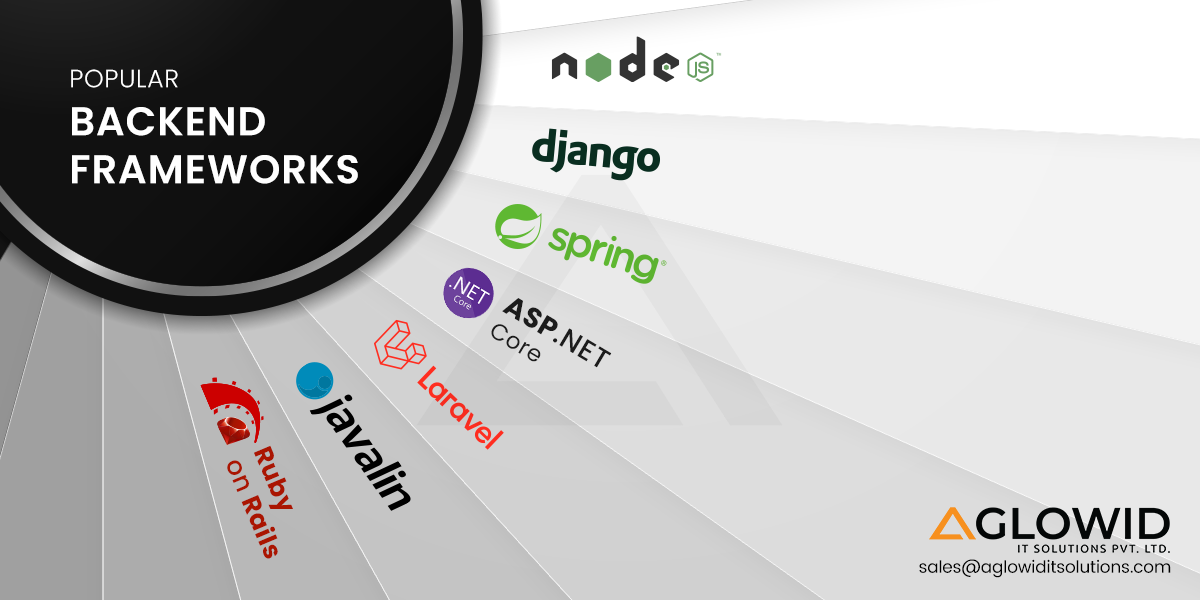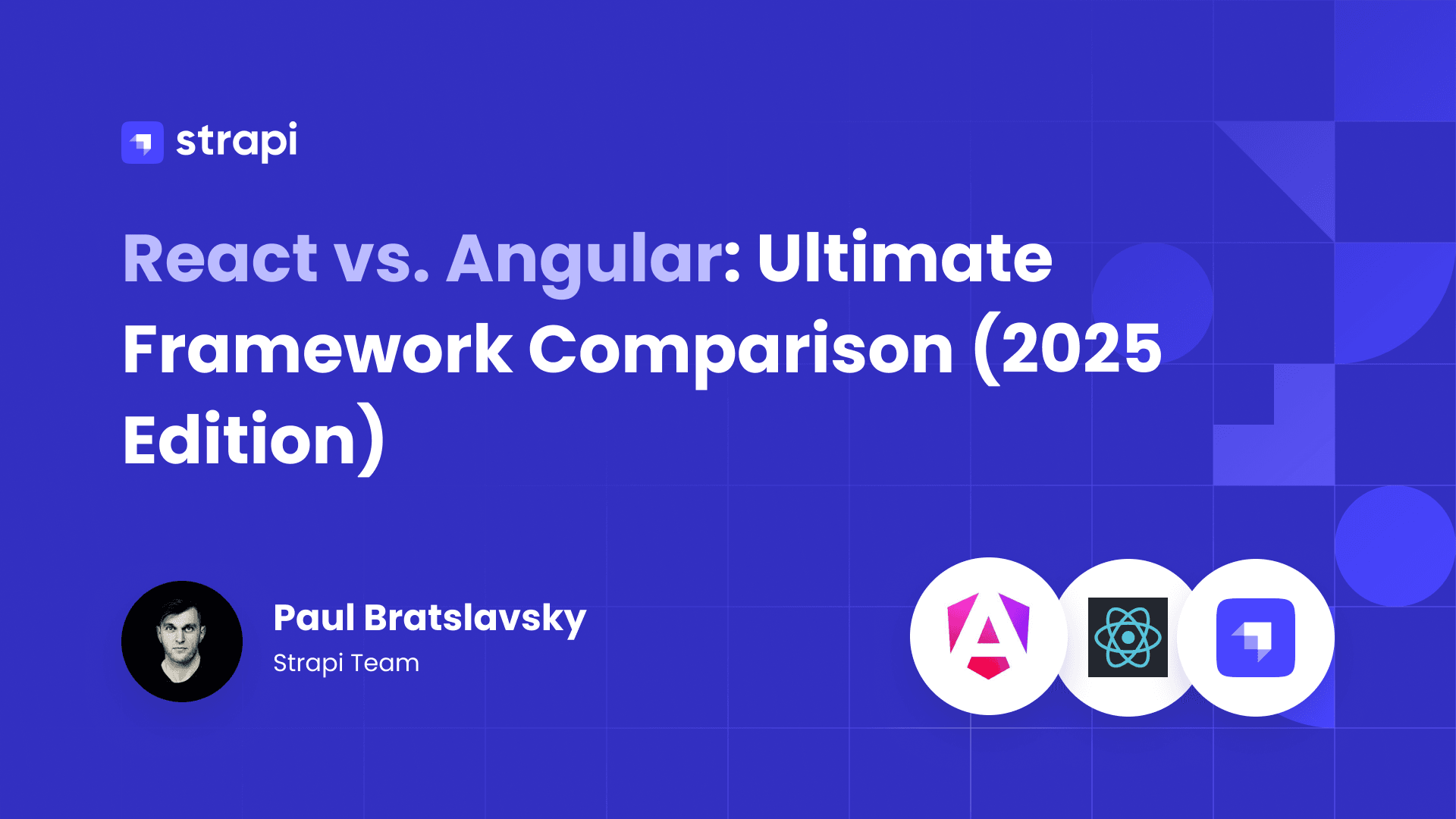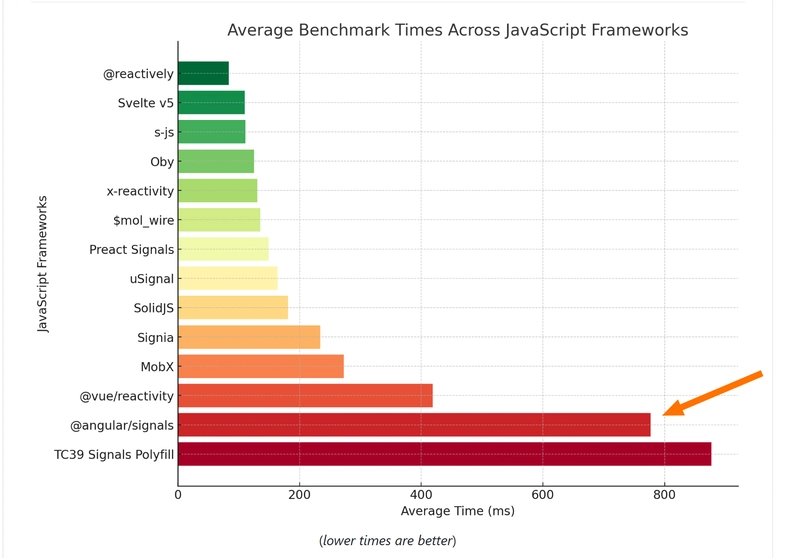Are you curious about which JavaScript frameworks will dominate in 2025? Whether you’re a seasoned developer or just stepping into the world of programming, understanding the performance and capabilities of these frameworks is crucial for your projects.
With the rapid evolution of technology, staying updated is your key to success. In this blog post, we delve into the latest benchmarks of JavaScript frameworks that promise to shape the future. You’ll discover insights that will empower your decision-making, ensuring your applications are not only fast but also scalable and efficient.
Dive in, and let’s explore how these frameworks can transform your coding experience and set you ahead in the tech game!
Top Frameworks
JavaScript frameworks help in building web apps. They make coding faster. This saves time for developers. Some frameworks are very popular now. React is one such framework. It is known for its speed and flexibility. Vue.js is another great choice. It is easy to learn and use. Many developers love it.
Angular is also strong in 2025. It offers robust features. This makes it a favorite for big projects. Each framework has unique advantages. Choosing the right one depends on project needs. Developers often pick based on team skills.
Speed Analysis
Javascript frameworks help build web apps. Some are faster than others. Rendering time is how fast a page shows on screen. A quick rendering time means a better user experience. If a page loads slow, users may leave. Faster frameworks keep people happy. React is popular for its speed. Vue.js is also fast and easy to learn. Angular is powerful but sometimes slow. Choosing the right framework is important for speed.
A webpage must load quickly. Load speed affects user patience. Slow pages can frustrate users. React and Vue.js usually load fast. Angular can be slower if not optimized. Developers should choose frameworks that load swiftly. Fast load times improve user experience. They keep people on the site longer. Faster sites often perform better.
Execution efficiency is how well a framework runs code. Efficient frameworks use less computer power. This helps pages run smoothly. React and Vue.js are efficient with resources. Angular is powerful but needs more resources. Choosing efficient frameworks helps save energy. It also improves user experience. Efficient frameworks make sites faster and better.
Performance Metrics
Javascript frameworks use memory differently. Some use more, others less. Efficient memory usage ensures faster apps. Apps run smoothly without delays. Low memory usage is important for better performance. Choosing the right framework can help. It saves device resources. It helps in creating better user experiences. Consider memory needs before choosing a framework.
CPU consumption affects app speed. High CPU use can slow things down. It’s important to monitor CPU usage. Efficient frameworks use less CPU. This means faster response times. It also means less battery drain. Users prefer apps with low CPU consumption. Choose frameworks that balance CPU use well.
Many network requests slow down apps. Fewer requests mean faster loading times. Some frameworks handle requests better. They reduce data load and improve speed. Fast apps make users happy. Optimizing network requests is key. Look for frameworks with smart request handling. It makes a big difference.
Comparative Analysis
| Framework | Speed | Popularity | Ease of Use |
|---|---|---|---|
| React | Fast | High | Easy |
| Angular | Moderate | Medium | Moderate |
| Vue | Quick | Growing | Simple |
Reactshows great performance in real apps. It handles updates well. Developers love its component structure.
Angularoffers strong tools. It suits big projects. Some find it complex but powerful.
Vueis known for flexibility. It fits small and large tasks. Users find it easy to learn.
Optimization Techniques
Minimizing code boosts speed. Smaller files load faster. Use tools like UglifyJSor Closure Compiler. They reduce file size. Remove unnecessary spaces and comments. This makes files compact. Compact files are quick to send over the internet.
Cache stores data for fast access. Browsers retrieve cached data swiftly. Set cache headers correctly. This tells browsers how long to store data. Use Service Workersfor offline browsing. They cache site resources. This helps users when they lose internet.
Lazy loading delays loading. Only loads when needed. Images and videos use this. It saves bandwidth. Pages load faster with lazy loading. Use Intersection Observer APIfor this. It checks elements visibility. Loads elements when they are visible on screen.

Future Trends
Javascript frameworks are getting smarter. AI integration is the key. These frameworks can now learn and adapt. They improve user experience. They make apps more interactive. Developers can create smart apps faster.
Serverless architecture is on the rise. Developers can focus on code, not servers. It reduces costs and management. Apps become more scalable. It’s easier to handle traffic spikes. This trend is growing.
Security is a big focus now. Enhanced security features are vital. Frameworks offer better data protection. They guard against cyber threats. Users feel more safe online. Developers have more tools to secure apps.
Developer Insights
Developers love sharing their thoughts on frameworks. Many say easy use is important. They prefer frameworks with clear documentation. This helps with learning. Supportive communities make a big difference. They offer help fast. Popular frameworks often have active forums. This is great for new developers.
Using frameworks wisely is key. Choose a stable version first. It avoids bugs. Focus on performance. Fast apps keep users happy. Organize code neatly. This helps with big projects. Test early and often. It catches errors fast. Update regularly. This keeps things fresh.


Frequently Asked Questions
What Is The Fastest Javascript Framework In 2025?
In 2025, Svelte is emerging as the fastest JavaScript framework. It compiles code during build time, resulting in minimal runtime overhead. This efficiency leads to faster load times and improved performance, making it a top choice for developers prioritizing speed.
How Do React And Vue Compare In 2025?
In 2025, React remains popular for its flexibility and large ecosystem. Vue, however, is gaining traction for its simplicity and ease of integration. Both frameworks have strong community support, but Vue’s gentle learning curve appeals to new developers.
Why Is Angular Still Relevant In 2025?
Angular remains relevant in 2025 due to its comprehensive framework offering. It provides a robust structure for large-scale applications. Its built-in features, like dependency injection and modularity, continue to attract enterprise-level projects.
Is There A New Javascript Framework In 2025?
Yes, SolidJS is gaining attention as a new JavaScript framework in 2025. It offers fine-grained reactivity, leading to efficient updates and rendering. This makes it a compelling choice for developers seeking performance optimization.
Conclusion
Choosing the right JavaScript framework is crucial in 2025. Each framework offers unique features and performance. Developers should consider their project needs first. React, Angular, and Vue remain strong choices. Yet, newer frameworks also present exciting options. Performance and ease of use are key factors.
Testing frameworks before deciding is wise. Keep up with trends and updates. This ensures your projects stay competitive. The right framework can boost productivity. It also simplifies development processes. Make informed choices for successful projects. Your understanding of these tools will grow over time.
Stay curious and keep experimenting.
Read More:
- Network Automation Tools ROI: Boosting Efficiency & Savings
- Noise‑Cancelling Earbuds Battery Life: Maximize Your Usage
- Ci/Cd Pipeline Tools Comparison: Boost Your DevOps Efficiency
- Serverless Vs Containerized Workloads: A Comparative Guide
- Vr Content Creation Tools 2025: Revolutionize Your Creations
- Best Gaming PC Build under $1500: Ultimate Performance
- Best Cross‑Platform Mobile Frameworks 2025: Top Picks
- Quantum Cryptography Implementation Challenges: Unveiling Complexities

